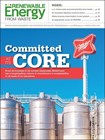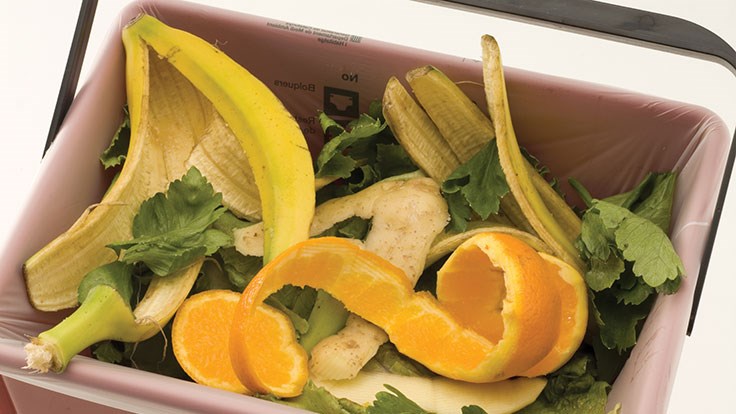The city of Philadelphia is grinding its way to a more sustainable future following a pilot project with InSinkErator that demonstrated the potential of food waste disposers to help transform food scraps from an environmental problem into renewable resources, according to InSinkErator’s parent company Emerson Electric, St. Louis, Missouri.
The city recently enacted a new building ordinance calling for installation of food waste disposers in construction of all new homes within its boundaries. The ordinance comes on the heels of a more than two-year pilot project conducted by the city and InSinkErator to assess the impact of the food waste disposer use on the city’s solid waste stream. According to the company, the Clean Kitchen/Green Community project yielded strong results, with a 34 percent overall reduction in food waste put in the trash.
"While residential recycling rates have tripled over the past eight years, reducing the amount of food waste in the city's waste stream is critical to meeting more aggressive waste reduction goals," says former Philadelphia Mayor Michael Nutter. "In-sink food waste disposers are a helpful tool as the city continues to explore opportunities to divert organic material from the waste stream."
The program was designed to illustrate how, with widespread use of food waste disposers, the city could potentially reduce food waste by about 19,000 tons annually. That would save about $1.1 million in waste disposal and other costs, according to the company, while also opening new opportunities to generate renewable energy via biogas. The calculations assume all residents used disposers, and are for illustration purposes only.
“The Clean Kitchen/Green Community program was a powerful demonstration of the benefits of using food waste disposers rather than throwing food waste in the garbage,” says Tim Ferry, president of InSinkErator. “We congratulate the city of Philadelphia on taking the next important step toward turning food waste into valuable, renewable resources.”
Emerson is working on multiple fronts to drive innovation and enable broad and effective food waste recycling, the compay says. The partnership with the city of Philadelphia was the first of five similar initiatives supported by InSinkErator. The programs, also conducted in Boston, Chicago, Milwaukee and Tacoma, Washington, helped to assess the impact of combining the use of food waste disposers with anaerobic digesters at wastewater treatment plants. In this process, food waste is digested by microorganisms in a big tank, or digester. The resulting methane gas can be captured and used to produce energy, as well as fertilizer that can help support new food crops.
Across the five cities, the pilot programs yielded about a 30 percent reduction in food waste in participating households. In Philadelphia, 80 percent of participants said they would recommend a food waste disposer to their friends. In addition to the environmental benefits of disposer use, they also cited household benefits like cleaner kitchens and fewer trips to take out the trash. Participants received their disposers and installation free from InSinkErator.
“The results of these pilots clearly demonstrate the power of food waste disposers to help reduce landfill waste,” Ferry says. “We encourage municipalities to review the results of our programs in Philadelphia and other cities, and consider taking similar steps to help turn food waste into renewable resources.”




